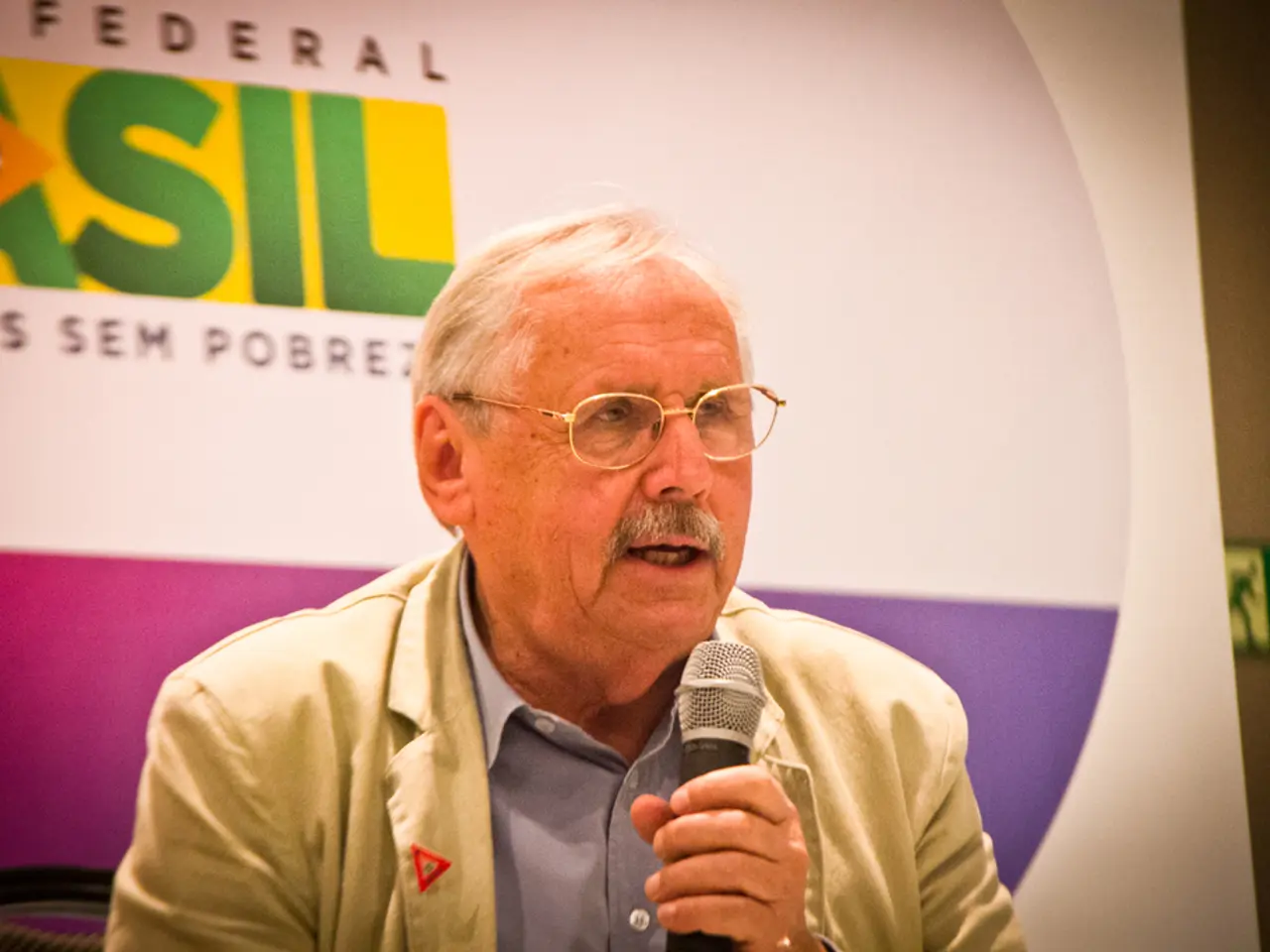Enhanced federal law enforcement presence now prevalent in Washington DC, due to Donald Trump's decisions.
In a move aimed at addressing rising concerns over crime and homelessness in Washington D.C., President Donald Trump has announced plans to place the city's police department under federal control and deploy the National Guard.
The decision comes amidst a perceived surge in violent crime within the nation's capital, which Trump believes is threatening the safety of public servants, citizens, tourists, and the smooth functioning of the federal government. According to the President, the escalating violence is disrupting safe transportation, endangering federal workers, and hampering government operations, necessitating a stronger federal law enforcement presence to restore order and security.
Trump's plans involve activating the D.C. National Guard and deploying out-of-state National Guard units to "crack down on the city’s crime." The legal basis for this move includes a controversial interpretation of multiple statutes and doctrines relating to federal authority over D.C. policing and National Guard deployments.
The White House had already bolstered police presence in Washington D.C. in recent days, a move that has been followed by the increased deployment of the National Guard as part of Trump's announced actions. The focus of these actions is on the restoration of public safety, as stated by the President.
However, the approach and legal foundations of this decision have raised questions and debates about federal overreach and potential implications for the militarization of domestic law enforcement. Critics argue that such a move could undermine local control and autonomy, and potentially lead to a more militarized approach to policing in the city.
Despite the deployment of the National Guard and the planned federal control of the police department, it is important to note that the current crime rate in Washington D.C. has seen a significant 26% decrease compared to last year. This decrease in violent crime is a positive development that should be acknowledged and built upon, rather than used as a justification for drastic and potentially controversial measures.
The President's renewed criticism of Washington D.C. and his plans to address the issues of crime and homelessness in the city have sparked a wide range of reactions. As the situation continues to unfold, it remains to be seen how these actions will impact the city and its residents, and what long-term effects they may have on the relationship between federal and local authorities.
[1] CNN, "Trump to deploy National Guard to Washington D.C. amid protests," 1 June 2020. [online] Available at: https://www.cnn.com/2020/06/01/politics/trump-national-guard-washington-dc/index.html
[2] The Washington Post, "Trump announces plans to place Washington D.C. police under federal control," 1 June 2020. [online] Available at: https://www.washingtonpost.com/politics/2020/06/01/trump-announces-plans-place-washington-dc-police-under-federal-control/
This decision to place the police department in Washington D.C. under federal control and deploy the National Guard is a part of Trump's policy-and-legislation approach to address rising concerns of war-and-conflicts, specifically crime and homelessness in the city. The deployment, however, has sparked debates on politics, particularly concerning federal overreach and potential implications for the militarization of domestic law enforcement.
In light of the 26% decrease in the city's current crime rate compared to last year, there are questions about whether drastic measures such as this one are necessary, given the general-news of the positive development in public safety in Washington D.C.







